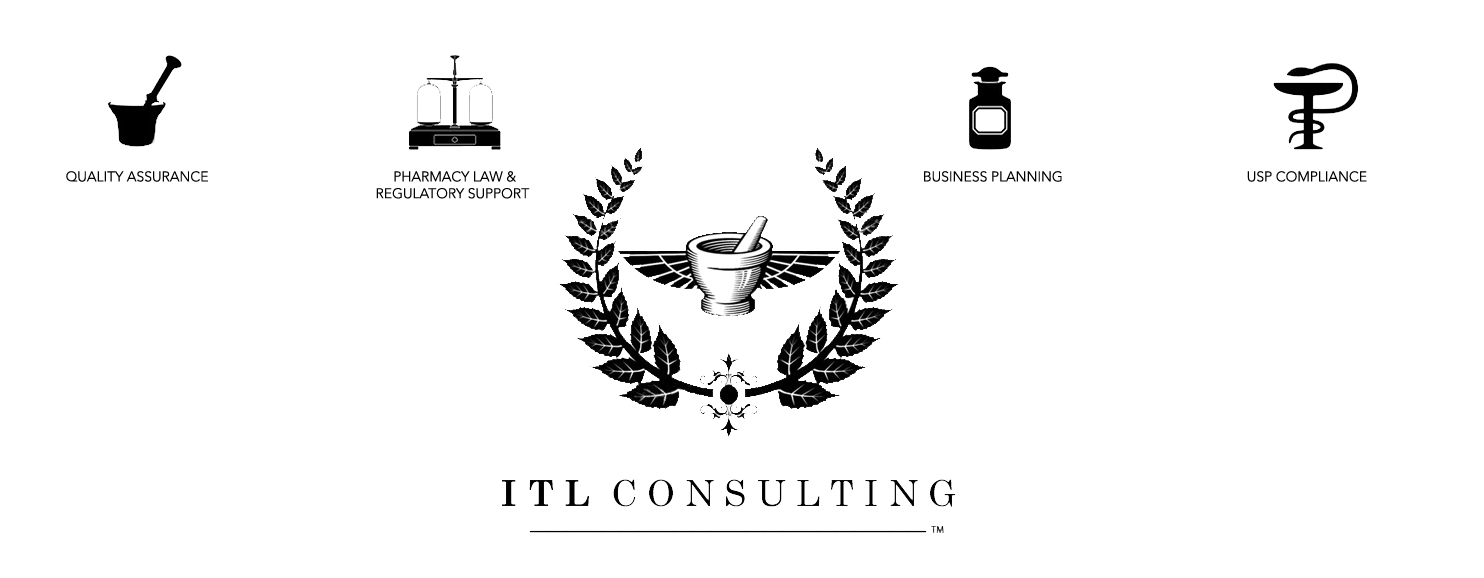With the latest piece of major legislation to be passed by Congress, many pharmacies providing compounded sterile preparations to hospitals and other types of health care facilities are re-examining their practices in preparation for major changes. One major change is the creation of a new category of compounding pharmacy termed "outsourcing facilities". The Drug Quality and Security Act defines the terms of what constitutes an outsourcing facility and lists the numerous requirements that must be fulfilled. But does this laundry list of requirements make an outsourcing facility any safer than than a compounding pharmacy? The thought on Capitol Hill is that many hospitals and other facilities will start looking to outsourcing facilities as the new source for compounded sterile preparations and other compounds. Here are some facts to consider when examining the true safety standards of outsourcing facilities:
1. The Drug Quality and Security Act Does Little More for Patient Safety
Many advocates of this new law, including some pharmacy associations, tout the bill as a win for patient safety and point toward the stronger federal oversight as added protection. While the bill may seem like a moral gesture, the most important fact to remember is that there were already adequate safety measures in place prior to the events stemming from the gross negligence of New England Compounding Center. During Congressional testimony, the FDA demonstrated a clear lack of sound judgement in exercising their long established authority after receiving reports of NECC's violations years earlier. Plain and simple, the safety measures in place were not executed as designed. This segues directly into the next important fact.
2. Authority of Outsourcing Facilities are Only Overseen by the FDA
In the language of the Drug Quality and Security Act, an outsourcing facility does not need to be a licensed pharmacy. Pharmacy is historically a profession regulated at the state level, yet this law creates a new avenue of compounding that strays from the well established safety measures and statues of the states. The added problem of deciding which laws will take precedence in light of a statute (FDCA Section 503A) open to the discretion of the FDA will create ambiguity for state regulators and compounding pharmacies. At this point, the dialogue between these two bodies is not well developed in providing any answers.
3. The Role of the Pharmacist is Unclear in Outsourcing Facilities
A pharmacist must directly oversee the compounding operations in an outsourcing facility. This is the only mention of a pharmacist's role in this legislation. While many states have strict laws on the technician to pharmacist ratio, outsourcing facilities can bypass this safety requirement as a federally licensed facility. There are several other regulatory loop holes inherent to the creation of this category of compounding.
4. Outsourcing Facilities May Compound Large Quantities of Non-Patient Specific Meds
This specific allowance is a main distinction between compounding pharmacies and outsourcing facilities. Until now, virtually all compounding pharmacies have prepared compounded medication for 'office-use' at the direction of a prescriber for use on a patient. Many different types of practices depend on this type of medication for the unique uses across various settings. Outsourcing facilities will be allowed to prepare large amounts of sterile compounded medication for distribution across state lines-almost similar to the scale of NECC. There is no defined limit on non-patient specific compounding in this bill.
Each of these points lend to the fact that an outsourcing facility is not necessarily a 'safer' source of sterile compounded medication. This is not to say that an outsourcing facility can not maintain a perfect track record, but rather to examine the facts behind the logic. Regulation of these facilities by the FDA is being looked at as a 'fix' to the system, when we have established there was no fatal flaw to begin with. After all, the FDA was responsible for regulating NECC, as they acted as a manufacturer rather than a pharmacy.
Real measures of quality come from practices with an established, respectable track record and few or no documented safety and/or quality issues. The pharmacies in the community that strive to uphold a higher level of quality are also denoted by such accreditations as PCAB or ACHC. With little research, a quality source of compounded medications is surely available to provide safe, effective medications at the direction of prescribers.
